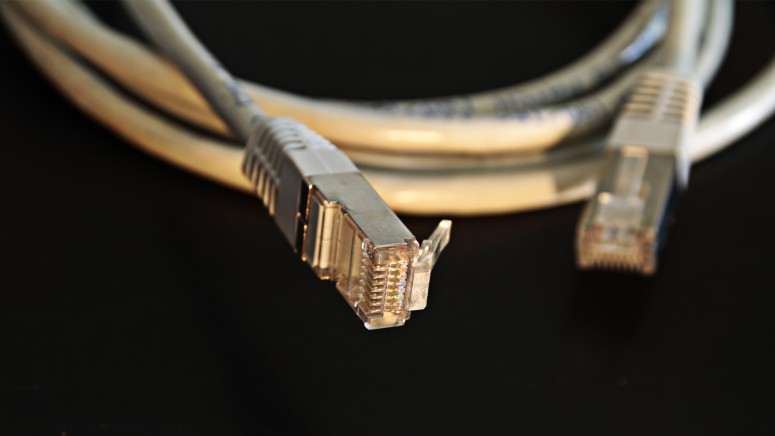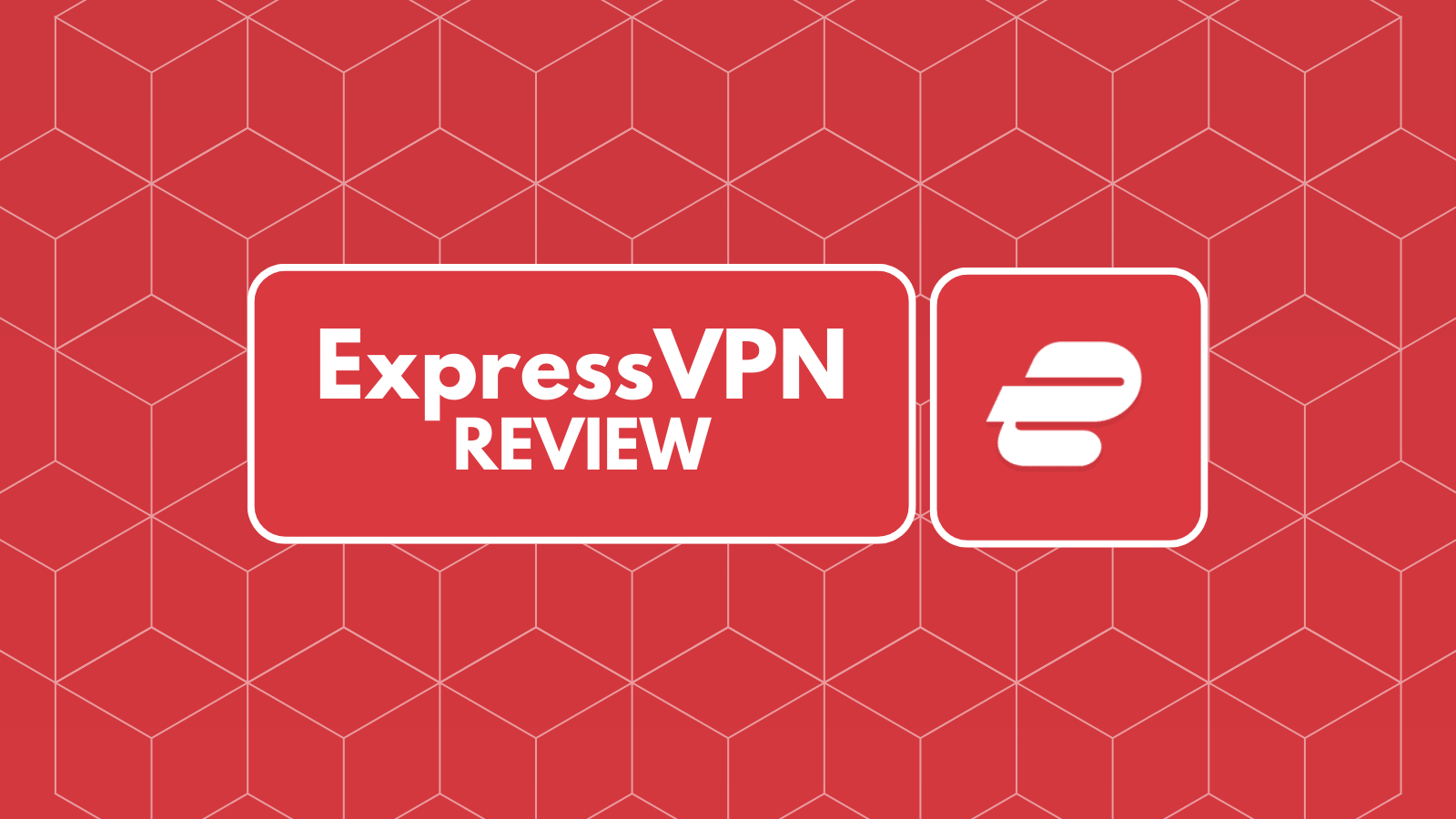
What Are the Differences and Similarities Between Public & Private IP Addresses?
When it comes to IP addresses, there are many misconceptions out there. If you decide to investigate this topic, you'll see that it can become very complicated as soon as you start to dive in. However, understanding the basic differences and similarities between public and private IP addresses is not that hard - especially if you have a helpful guide. So, here's what you need to know.
What Is an IP Address & What Does It Mean? Why Are IPs the Backbone of the Web?
First, let's take a look at this term - "IP address." The 'IP' part stands for 'Internet Protocol,' and the 'address' part is (as you can imagine) a unique identifier. Without an IP address, your Web-connected devices (such as your computer, smartphone, or tablet, for example) won't be able to communicate and exchange data with other devices on the Internet.
If you think about it for a second, this works in the same way as the traditional postal service. To send a letter, you need to know the recipient's address, right? The same applies to receiving an answer to your letter. Well, IP addresses work in the same way. The only difference is that this happens in the background. Websites and Web services see different types of IPs, recognize where they come from, and send/receive data accordingly.
Next, let's take a closer look at IP addresses, which will help us understand the differences and similarities between private and public IP addresses.
1. IPs Make Web Connections Possible
Every time you connect to the Internet, you begin to transmit and receive information. It doesn't matter if you browse the Web, read your email, or check the weather. All of these actions, as well as any other activities on the Internet, require specific data to be exchanged. This is where your device's IP address comes into play.
What's interesting to note is that your computer doesn't connect to the Web directly, so to say. Instead, it is first connected to a router, which is connected to the Internet itself via your ISP (Internet Service Provider). As such, all your data goes through the router back and forth. Since every device in this kind of network has an IP, data can freely flow from one point to another.
2. IPs Are Based on Predefined Protocols
No matter if we talk about hardware or software, there are many protocols in place to ensure that you can use your computer. Connecting to the Internet means activating a whole series of protocols, and one of them is called the Internet protocol. Thanks to this, your computer (or any Web-connected device) is capable of addressing, delivering, and routing your online requests.
During each of these requests, your IP is being sent to other devices on the Web. That's because your device's IP is actually an 'electronic return address,' responsible for making sure that data can reach your equipment.
3. IPs Aren't Set in Stone
Both private and public IP addresses can be changed over time. Even though we have different types of IPs, some are more frequently changed than others. However, one of the essential characteristics of IPs is that once they are manually set, they actually become static IPs. There's no need to dive into this topic right now since static IPs are often used in large networks, such as corporate business networks.
Public vs. Private IP Addresses - What Are the Differences & Similarities?
By now, you've managed to learn about the fundamental roles of IP addresses. We are ready to expand that knowledge by adding two new terms: private and public IP addresses. Let's take a look at each of these.
Private IPs Are Local & Used to Communicate Within a Closed Network (Such as Your Home Wi-Fi)
Back in the 1990s, the Internet Assigned Numbers Authority (IANA) has come up with certain IP ranges to be used within closed networks. There are different types of closed or private networks, like a Local Area Network (LAN). Today, we have three ranges of private IPs:
- 10.0.0.0 - 10.255.255.255 (16,777,216 possible IPs).
- 172.16.0.0 - 172.31.255.255 (1,048,576 possible IPs).
- 192.168.0.0 - 192.168.255.255 (65,536 possible IPs).
To make things simple for everyone involved, router manufacturers have chosen to use specific IPs from those three ranges. In practice, the '192.168.0.0 - 192.168.255.255' range is the most commonly used one.
Let's say that your router is using the 192.168.0.1 IP. When you connect to the Web using your computer, your router will assign the next free private IP address. In this case, that could be 192.168.0.2. Then, you can connect to the Internet from your smartphone, and this device will end up with the 192.168.0.3 IP. As you can see, there is an obvious order that routers use to create a network of private IPs.
Finally, you should know that all devices within one closed network can talk to each other using their private IPs. That is how you can easily transfer files between devices in your home, connect to a wireless printer, play Xbox games on Windows 10, or cast media via AirPlay or Chromecast. All of that happens thanks to private IPs.
Public IPs Are Global & Used to Communicate With the World Wide Web (Outside Your Home Network)
Aside from private IPs, we also have public IP addresses. Unlike private IPs, public IPs are unique digital identifiers. That means every device connected to the Web has a single public IP capable of 'talking' to any other device on the Web.
This is a much broader spectrum in comparison to private IPs, which are only used within closed networks, such as the Wi-Fi network in your home.
It's also worth noting that public IP addresses can either be static or dynamic. In practice, the majority of us use dynamic IPs. Depending on your Internet Service Provider, this address can change whenever you connect to the Internet or in specific time periods. There is a large pool of public IPs, which is from where available ones come.
With that said, we hope that we cleared any doubts you might be having about the differences and similarities between public and private IPs. In case of any questions, make sure to post a comment below. And also, thanks for reading!










